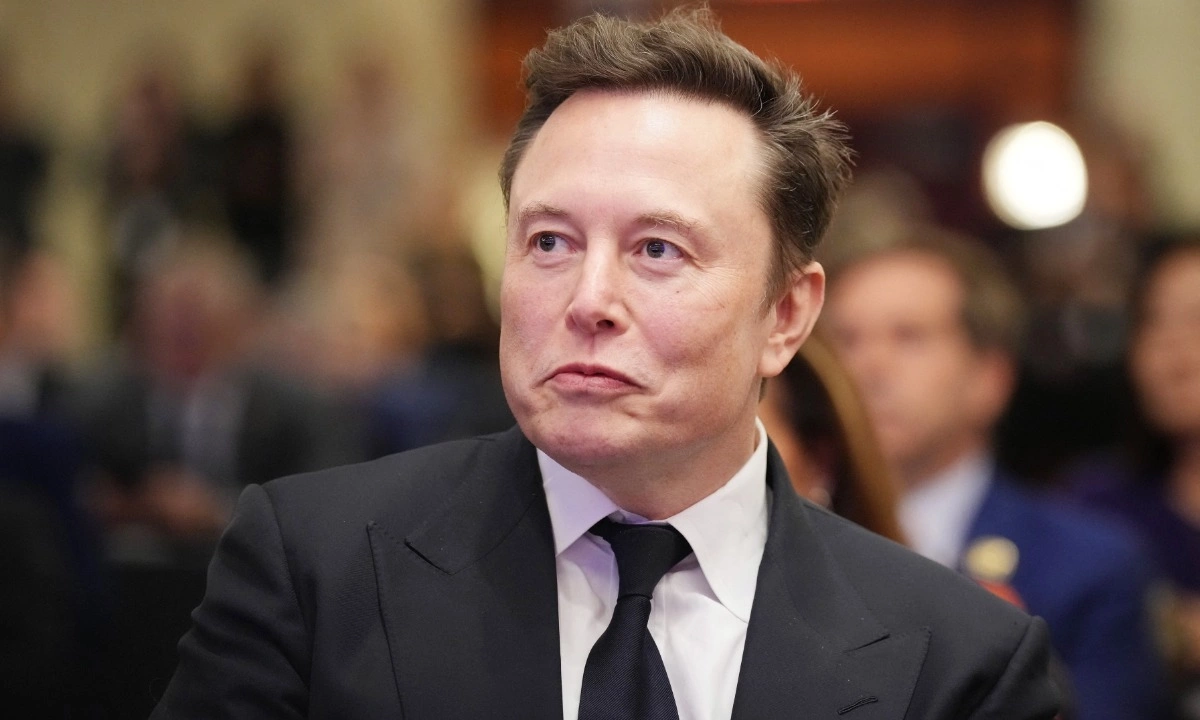
In a bold move that brings China’s private space sector closer to SpaceX’s dominance, Beijing-based rocket startup Space Epoch has successfully completed its first sea recovery test. The test flight, conducted on May 29, 2025, marks a significant milestone in the company’s development of reusable rocket technology, which has long been the hallmark of SpaceX’s success.
This accomplishment is particularly notable as Space Epoch joins a growing list of Chinese companies striving to replicate and eventually surpass the innovations that have made Elon Musk’s SpaceX a global leader in private space exploration.
During the test flight, Space Epoch’s Yanxingzhe-1 rocket demonstrated its potential to revolutionize space travel with vertical takeoff and landing (VTOL) technology. The 26.8-meter-tall rocket, made of stainless steel and weighing 57 tons, successfully ascended to an altitude of 2.5 km (1.5 miles) and remained airborne for 125 seconds before performing a controlled descent.
The rocket reignited its engine during the descent near the coast of Shandong Province, eastern China, briefly hovering above the sea surface before executing a soft vertical splashdown. This is a crucial step in validating the rocket’s ability to be reused in future missions.
In a statement shared on Space Epoch’s official WeChat account, the company celebrated the achievement as “a breakthrough in the development process of liquid reusable rockets.” The company also confirmed that post-flight data analysis showed that the rocket’s performance was in line with expectations, reinforcing the belief that Space Epoch is on the right track to become a serious player in the commercial space race.
Space Epoch’s successful test comes at a time when China’s private space sector is rapidly advancing. The country’s private companies are not only striving to build reusable rockets but are also keen on challenging SpaceX’s market dominance. With Space Epoch’s latest test flight, China joins the ranks of other ambitious startups like Space Pioneer and i-Space, which have already achieved significant milestones in space exploration.
Space Pioneer, in particular, made headlines in 2023 by becoming the first startup in China to reach orbit on its first attempt with its Tianlong-2 rocket. This achievement is particularly noteworthy considering that SpaceX’s Falcon 1 required four attempts before reaching orbit.
The rapid progress in China’s private space sector represents a direct challenge to SpaceX’s long-standing monopoly on reusable rockets. The country’s focus on innovation has been fueled by state support and a growing pool of private companies eager to develop and deploy reusable launch vehicles.
In 2024, LandSpace, another Beijing-based firm, performed a successful VTOL test with its Zhuque-3 rocket. The Shanghai Academy of Spaceflight Technology has also conducted successful tests in the country, further advancing China’s capabilities in this critical area of space exploration.
With such developments, Space Epoch’s successful sea recovery test is a clear indication that China’s private space sector is catching up to – and may one day rival – SpaceX in the near future.
While China’s rise in the space sector signals a new wave of competition for SpaceX, the American company is not without its own struggles. Recently, SpaceX has faced a series of setbacks, particularly with its Starship program.
The ninth test flight of Starship, on May 28, 2025, ended in failure after a fuel leak caused the rocket to lose control and disintegrate upon reentry. This followed a similar fate for the eighth test flight in March, when the rocket exploded midair after an unexpected separation event.
Even the seventh test flight in January was not without its issues, as the rocket suffered engine fires, triggering the self-destruct mechanism and leading to another explosion.
Despite these failures, SpaceX has made significant improvements between each test, but the issues with reentry and in-flight control remain unresolved. Elon Musk, who has built SpaceX into a symbol of private space exploration success, now faces increased pressure.
As SpaceX’s test flights continue to experience technical difficulties, questions arise about the company’s ability to maintain its leadership in the field. Musk’s vision of making space travel more affordable and sustainable, which has been a driving force behind the company’s success, now faces competition from China’s rapidly advancing space program.
The growing competition from China’s space startups highlights a shift in the global space dynamics. The success of companies like Space Epoch comes at a time when SpaceX is facing regulatory challenges in the United States. In a recent press conference, SpaceX president Gwynne Shotwell expressed concerns about the pace of technological development in the U.S., attributing the delays to overregulation.
Shotwell pointed out that the regulatory environment in the U.S., coupled with global regulations, is slowing down progress in the space industry, giving companies in China a potential advantage. In contrast, China’s more flexible regulatory environment has allowed private companies to advance their technology at an impressive pace, positioning them as strong competitors to SpaceX’s dominance.
Furthermore, while SpaceX continues to lead in terms of landing reusable rockets, its competitors are closing the gap. The key to Space Epoch’s success, as well as other Chinese companies, lies in their ability to develop and perfect reusable rocket technology quickly.
These companies are pushing the envelope on innovation and have already demonstrated their capability to carry out successful test flights. This not only challenges SpaceX’s standing in the global market but also raises the stakes for future space exploration missions.
As SpaceX faces mounting challenges with its Starship program, China’s private space companies, led by startups like Space Epoch, are poised to claim a larger share of the commercial space market. Space Epoch’s successful sea recovery test is a critical step forward in the development of reusable rockets, and it is likely that other companies in China will follow suit, making further advancements in their respective programs.
Looking ahead, SpaceX may need to reassess its strategy if it hopes to maintain its lead. Continued technical failures with the Starship program could slow the company’s progress, potentially providing an opening for competitors like Space Epoch to overtake them in key areas like reusable rocket technology and launch frequency.
The growing competition from China’s private space sector is a reminder of how quickly the global space race is evolving. While SpaceX remains a leader in the field, the rise of Chinese startups like Space Epoch signals a new era of competition and innovation that could reshape the future of space exploration.










